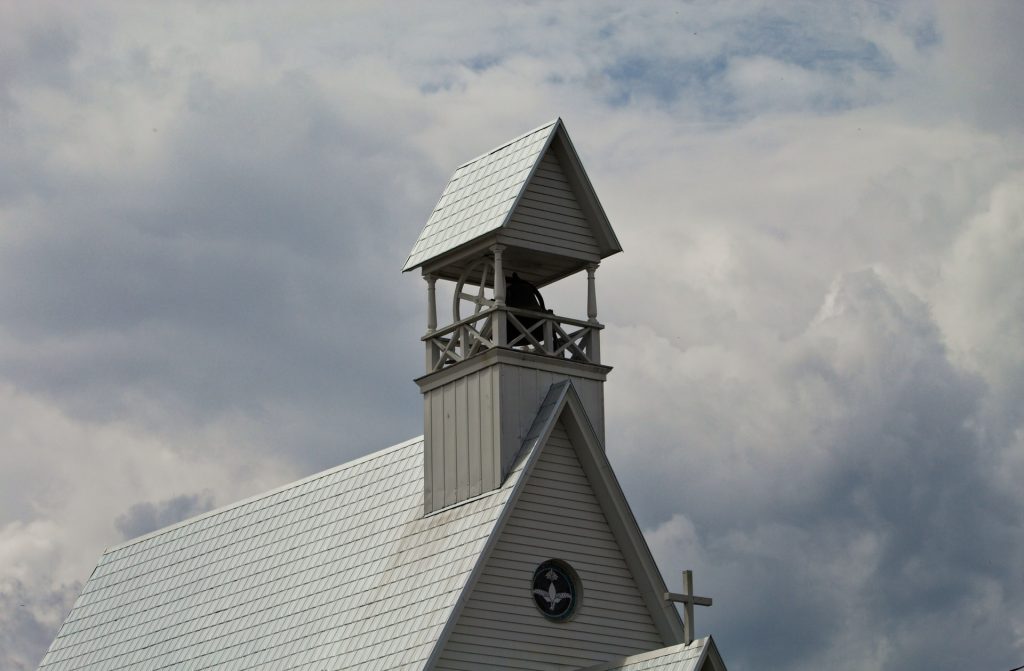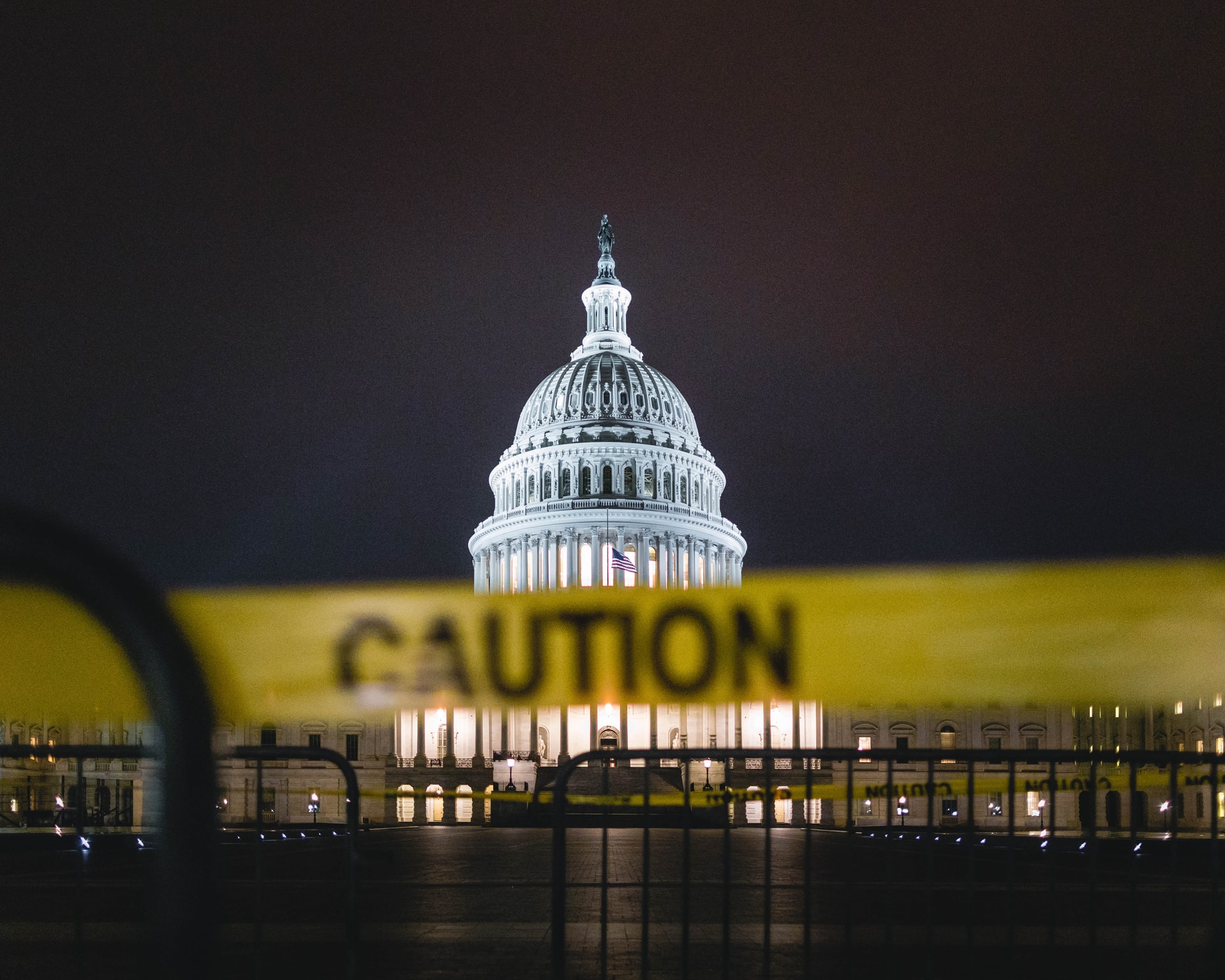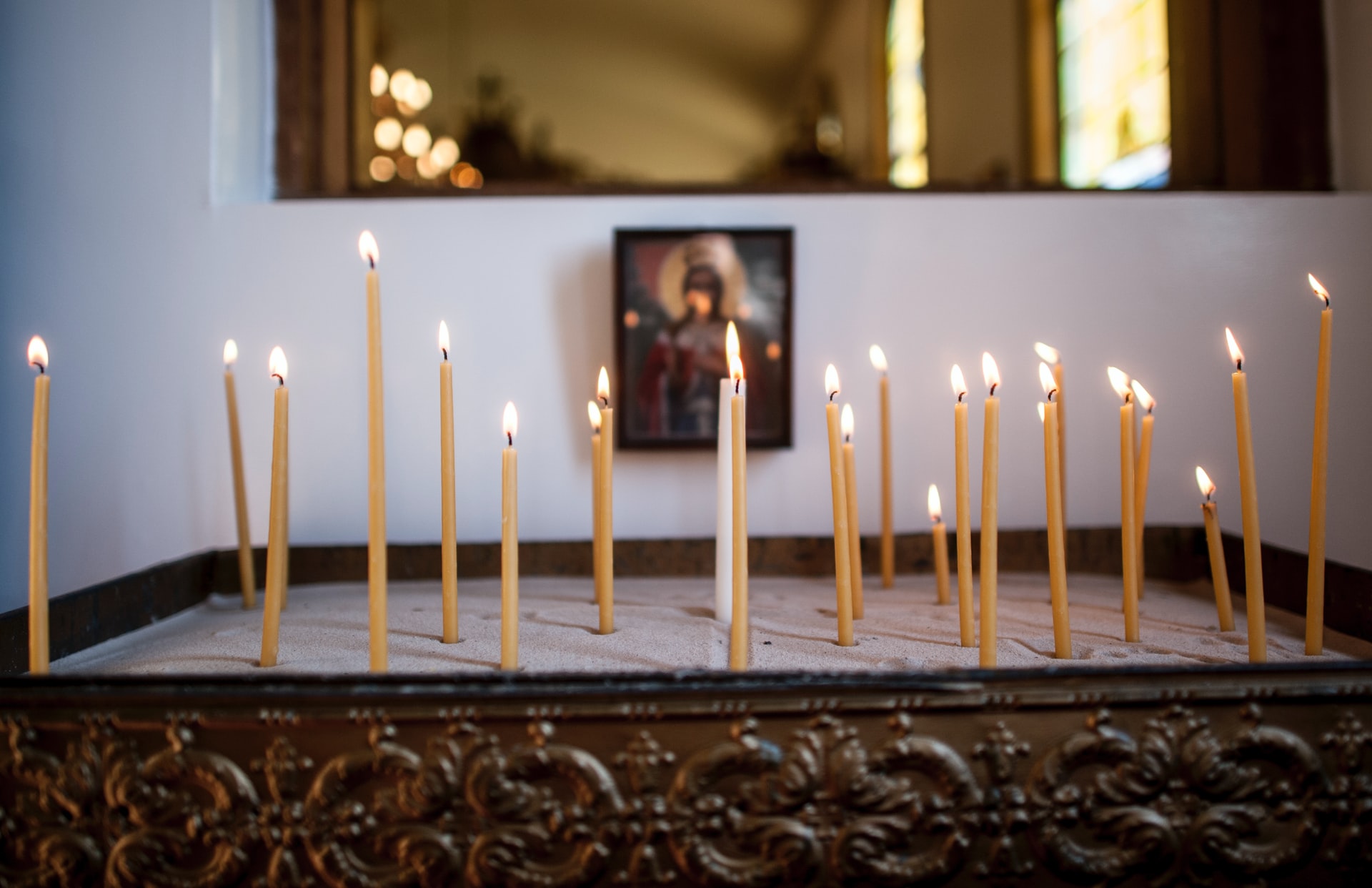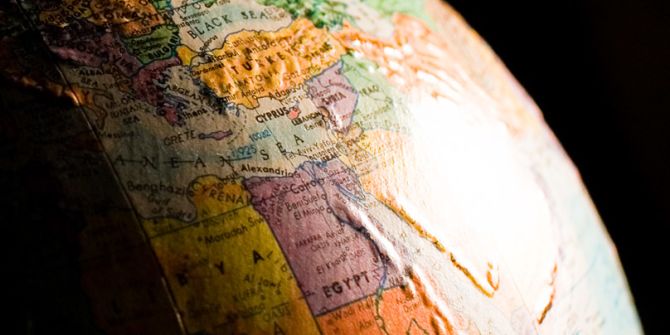In this blog post Samuel Victor, a PhD student at the University of Cambridge, writes about his research at an evangelical Christian church in Tennessee during the COVID-19 pandemic. A community critical of America’s secularising culture, Victor discusses the enduring strength of America’s religious marketplace on display, even during the pandemic, and what it means for evangelical social and moral values.

Since the pandemic was declared in the United States, headlines abound about belligerent preachers at the helm of churches resisting government overreach, about supernatural promises of viral immunity through faith, and about large assemblies turned super spreader events. The polemic tenor of these stories is consistent with the country’s strained history of public debate over religion and science. When COVID-19 arrived and provided even more fuel for the flames, I happened to be doing ethnographic research on Christian life in the so-called Bible Belt where Evangelicalism is the majority religion.
At the church I studied in Nashville, Tennessee (a predominantly white, suburban congregation of 1,800 people), it was common to hear critical commentary about the rampant consumerist mentality within their ranks. They lament how it causes people to “customize” their faith according to their own individualistic desires rather than according to God’s plan for communal living. Some scholars see choice of religion in terms of competition and rational market decisions, and many others have critiqued the limitations of such a secularized understanding of religious life. However, these theories are not just abstract explanatory models, but in fact their concepts are part of religious actors’ own understanding of social and moral life.
In this article, I provide a glimpse at the experiences of conservative religious people trying to follow science-based public health guidelines in a state with a particularly strong small government ethos. The lack of public health restrictions in Tennessee paired with the abundance of churches combined to create a situation that highlights the enduring relevance of theories of religious economy in Americans’ spiritual lives. Exposed to the harsh maneuvers of the unfettered religious marketplace and its “invisible hand”, some people in the church I studied found cause for amplifying their moral critiques of capitalism and its effects on spiritual life.
The people amongst whom I conducted my fieldwork are particularly self-conscious about the fact that they, as “white evangelicals”, are assumed by society at large to be “anti-science”. Hoping to dispel misconceptions about an inherent antagonism between faith and science, the churchgoers openly analyze (a)theistic theories of evolution, invite medical specialists to discuss the genetics of sexual diversity, and encourage Christians to contribute productively to public debates about technology, climate science, and even transhumanism.
There is a biblical saying that Christians are to understand themselves as being “in the world but not of the world”. It is a call to a kind of engaged detachment from worldly affairs (i.e., in “culture”), and it is a cornerstone of the evangelical social and moral disposition. For my interlocutors, affirming the merit of scientific knowledge is meant to convey the synergistic potential of faith and science, and this in no small part with the hope that such a proposition would be appealing to the sensibilities of, in their own words, “America’s modern, scientific culture” to which they view themselves as embedded missionaries.
When the first wave of the pandemic hit, the church was presented with the opportunity to demonstrate this potential synergy. Citing their trust that God would intervene through the work of doctors and scientists, they shifted gatherings to online and assembled an advisory committee of medical doctors, healthcare workers, and hospital administrators from within the congregation. In the subsequent weeks, the local media began to report on the first innovations to religious life during the 3-month spring 2020 lockdown in Tennessee (which would be the state’s last comprehensive measure): retrofitting worship halls into television-style production studios and drive-in worship services.
However, it was not long before restrictions were eased statewide and public health measures were left to each church’s own discretion. A deluge of practical questions followed: How many people can safely fit in a worship hall with proper social distancing? Should masks be required? Is there enough money in the church coffers to invest in air cleansing filters, no-touch door handles, and computer programs for contact tracing? (Given the extra-ordinary political climate at the time, it is worth noting that such questions only arose if people answered the necessarily preceding question affirmatively: Is the pandemic real?).
At the church I studied, not only was the pandemic real, but it required solutions informed by science. The leadership took a relatively firm stance on its policies for in-person gathering (e.g., symptom checks at the door, limited capacity, mask requirements, etc.). But they grew anxious as the months went on. On social media and through word-of-mouth, other churches promoted “real in-person worship” or no masks required policies. “We’re taking a hit, people are just going to other churches”, one minister told me, “and we’re not sure what our community is going to look like when this is all over”.
According to Stark & Bainbridge, religious groups—especially in liberal pluralistic societies like the US—make up a marketplace whose functioning is analogous to capitalist free market economics in terms of the dynamics of supply and demand and rational choice.
In Nashville, “the Buckle of the Bible Belt”, there is such a diverse and abundant selection of churches that people engage in “church shopping” when they move to a new area or if they feel unfulfilled with aspects of their current church. This shopping can be as short a few Sundays or go on for a year or more. At the church I studied, this market mindset is seen as a nefariously pervasive (and indeed persuasive) force that douses the hearth of sacred moral debate over communal life by enabling people to simply change churches if they do not like X or Y doctrinal position, if they prefer one church’s after-school program over another’s, or if they become disillusioned by internal politics. In their worst-case scenario, people are pulled by their atomizing consumerist desires out of Christian group association all together.
In light of concerns for slippage toward such secularizing American cultural tendencies—toward placing both feet in the world and thus losing one’s balance, the preacher exhorts the congregation to forgo their “rugged American individualism” for the pursuit of a “rugged Christian community” to which they commit themselves through thick and thin. However, over the course of the pandemic, many members chose to go elsewhere. Some did not want to sing with a mask on, some craved the lively bustle of the church lobby, some needed in-person childcare services when their companies called them back to the office.
In classical economics, the concept of the invisible hand proposes that in an ideally unregulated market, the self-interest of rational actors is naturally channeled toward socially desired ends. Interestingly, for my interlocutors in Tennessee, the religious marketplace during the COVID-19 pandemic highlighted an important tension between individualist and collectivist norms in evangelical social and moral life. This tension adds complexity to our understanding of this often political category of people called “white evangelicals”, a category about whom it is often assumed there is no distinction between neoliberal and religious values.
In Tennessee’s unfettered religious marketplace, the invisible hand did not seem to guide my interlocutors toward their collectivist vision of socially desired ends. Rather, it pulled them away from it. In this example, we might find that critiques of capitalism come in many shades and even from the last people we would expect to espouse them.
Note: This piece gives the views of the author, and not the position of the LSE Religion and Global Society blog, nor of the London School of Economics.






I am very impressed by your article Samuel, we seem to have an unwelcome visitor in our churches called Mr Smith. (Who suggested the invisible hand activity in economics which is based on competition)
In a Similar way to the Mr Smith in the Matrix series, his invisible hand and commercial competition could, in my opinion, be likened to the money changes in the temple, whom Jesus drove out with a whip.
The damage to Church communities brought by this wrong thinking, which I have nicknamed the Leaven of Mr Smith, or the doctrine of Mr Smith has diverted most of main stream Christianity away from the narrow path, centred on the great Commission, to a new form of Christian culture centred on self interest and competition.